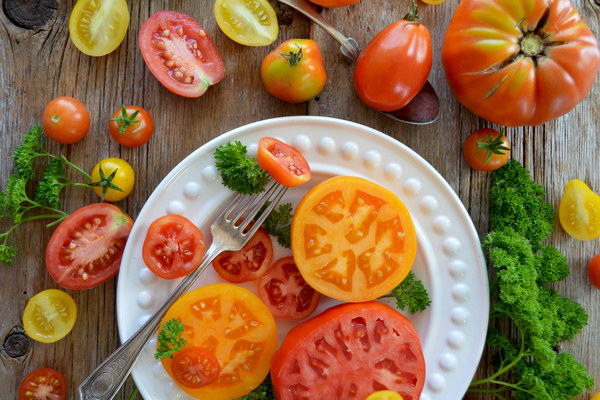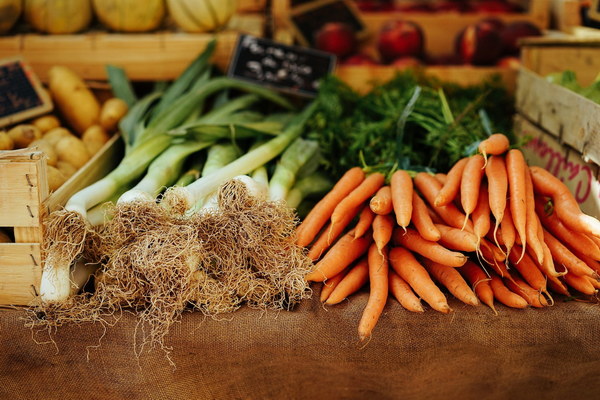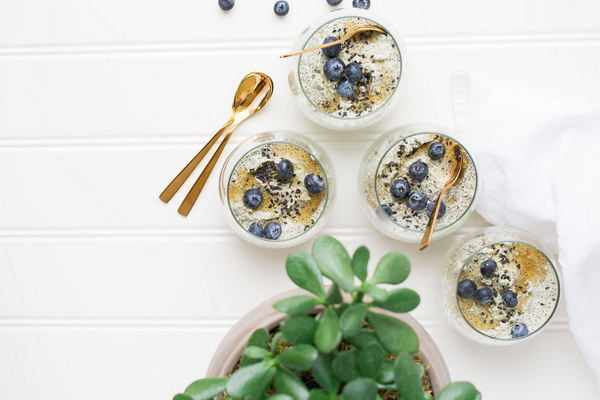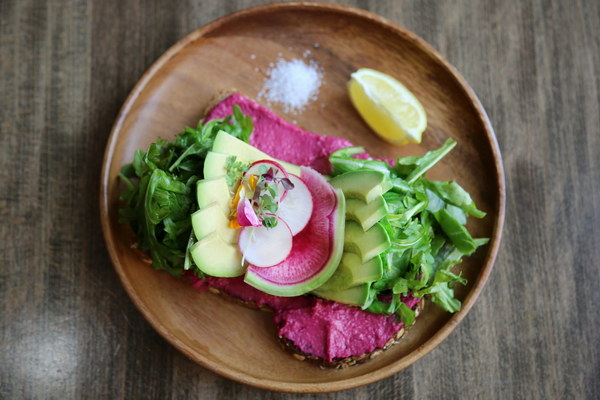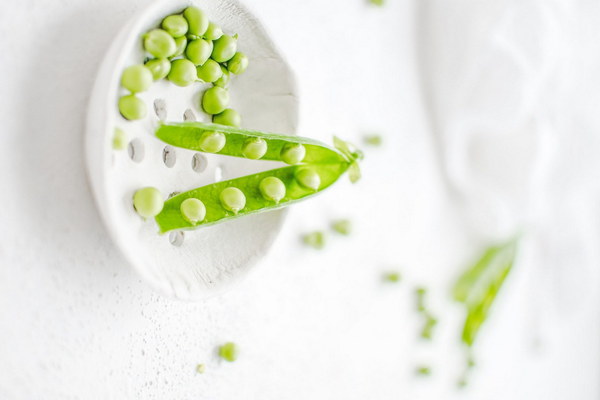Nourishing Remedies A Dietary Approach for Hypertrophic Scar Prone Individuals
Introduction:
Hypertrophic scars, also known as keloids, are excessive and raised scars that can occur after injury or surgery. Individuals with a predisposition to developing these scars often seek various treatments to manage their condition. While medical interventions are available, dietary adjustments can also play a significant role in minimizing the risk of scar formation and promoting healing. In this article, we explore the benefits of specific nutrients and foods that can aid individuals with a tendency towards hypertrophic scars.
1. Vitamin C:
Vitamin C is a powerful antioxidant that plays a crucial role in the synthesis of collagen, the main protein in connective tissues. Collagen is essential for wound healing and scar formation. Consuming foods rich in vitamin C can help reduce the risk of hypertrophic scars.
Recommended Foods:
- Citrus fruits (oranges, lemons, grapefruits)
- Berries (strawberries, blueberries, raspberries)
- Red bell peppers
- Broccoli
- Spinach
- Tomatoes
2. Vitamin E:
Vitamin E is another potent antioxidant that supports the healing process and may help prevent hypertrophic scars. It has anti-inflammatory properties, which can aid in reducing scar formation.
Recommended Foods:
- Nuts (almonds, walnuts, hazelnuts)
- Seeds (sunflower seeds, pumpkin seeds)
- Avocado
- Olive oil
- Leafy greens (spinach, kale, Swiss chard)
3. Zinc:
Zinc is a mineral that is vital for wound healing and has been shown to have anti-inflammatory effects. It helps in the production of collagen and can aid in the reduction of hypertrophic scars.
Recommended Foods:

- Lean meats (beef, chicken, turkey)
- Shellfish (oysters, shrimp, crab)
- Legumes (lentils, chickpeas, black beans)
- Seeds and nuts (cashews, peanuts, sunflower seeds)
- Fortified cereals and bread
4. Omega-3 Fatty Acids:
Omega-3 fatty acids have anti-inflammatory properties and may help reduce scar formation. They are found in abundance in certain foods and can be beneficial for individuals prone to hypertrophic scars.
Recommended Foods:
- Fish (salmon, mackerel, sardines)
- Flaxseeds
- Chia seeds
- Walnuts
- Algal oil supplements
5. Hydration:
Staying hydrated is crucial for overall skin health and can aid in reducing the risk of hypertrophic scars. Adequate water intake promotes cell turnover and helps maintain healthy skin.
Recommended Hydration:
- Aim for at least 8 cups (64 ounces) of water per day
- Incorporate fruits and vegetables with high water content into your diet, such as cucumbers, watermelon, and strawberries
Conclusion:
Incorporating a diet rich in vitamins, minerals, and antioxidants can support the healing process and reduce the risk of hypertrophic scars for individuals with a predisposition. While dietary adjustments alone may not eliminate the risk entirely, they can be a valuable complement to medical treatments. It is essential to consult with a healthcare professional before making significant changes to your diet or starting any new treatment.
